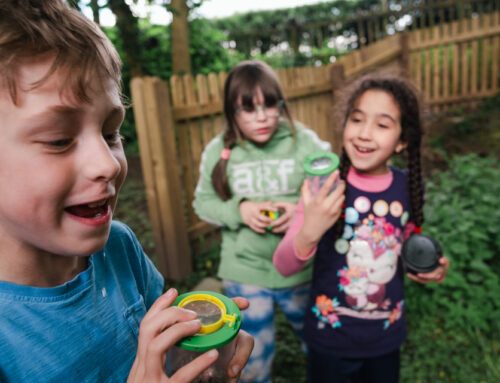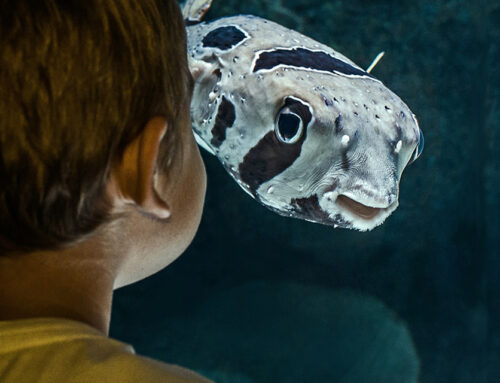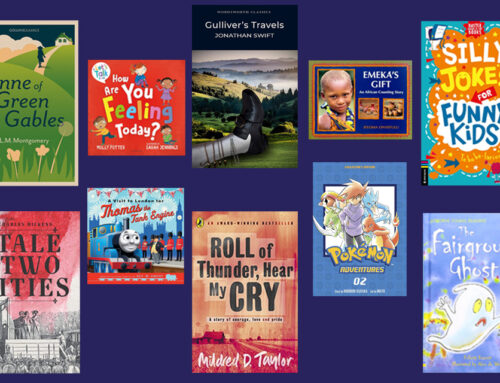With their heightened awareness and deep responses, children with high learning potential (HLP) may well feel disappointment more keenly. Lesley Sword, in Gifted Children: Emotionally Immature or Emotionally Intense? states that “…because of their intellectual complexity, gifted children are idealists; they are able to consider the possibilities of how things might be. At the same time, they can see how far short the world is falling of the ideal, and they feel keen disappointment and sometimes despair.” So how can you help your child deal with disapppointment?
Disappointment with Friends
Your HLP child expects understanding or even loyalty from their friends and is gutted when they can’t maintain it. This is especially true for girls. They may respond by avoiding contact – at school or through social media – because they fear rejection. A child who thinks a lot can be especially affected, while there may be tears and shouting from younger children.
Ask them to think practically – they could think out loud about the situation, describing attempted solutions and their reactions. Support their feelings and discuss with your child what you think you hear them saying, e.g. “You were good friends but now Emily is saying that she is choosing other friends. It sounds like you’re really sad.” Once you have listened and reflected, you may find that their stress level begins to lower. If your child thinks you have understood, then they’ll be more open to guiding questions such as: “What are you worried will happen, and how likely is it?” Moreover, parents can help children understand that it is not events that cause their stress but what they say to themselves about those events that causes stress. Will those friends matter several years from now?
It is important that if some children are simply no longer interested in being friends, that you help your child understand that it could be down to different interests or that it is normal for dynamics to change. Overanalysing and having strong emotional attachments are common tendencies in gifted children – listen to your child or teenager, rather than trying to give them the answer and they may come up with a solution for themselves e.g. to ignore or challenge the situation.
Disappointment with Not Being Picked for the Chess Team / Robotics Tournament…
It’s important that your child understands that you’re disappointed for them, not in them. Keep calm yourself; being angry or frustrated about the teacher who didn’t hit ‘select’, may increase your child’s despair. Offer empathy first, then, when your child calms down later, ask more specific questions e.g. are there chess tactics that they need to develop or which robotics skills did those who were selected have?
Were you realistic about their chances of being picked? It is never easy to get the balance right between being 100% certain that they should be picked, which puts extra pressure on children, and showing less interest to take off the pressure, which means that they’ll be discouraged from trying their best. Empathise with a child for their disappointment and then if they are still determined to get picked in the future, support them in developing their skills further.
Disappointment Over Not Winning
Not winning does hurt! Competitive HLP children might be tempted to catastrophise and rant with: “They’ll never pick me again, ever.”
Predict a happier outcome with them and challenge them to find evidence that they won’t ever be on the team. If your son or daughter gives you a reason, ask them to consider if there might be another one as well. It will help them to understand that there are other possibilities and alternatives that can then be looked at in a positive way.
Emphasise how real winners are people who never give up. If they are motivated by not winning, to redouble their efforts to improve and be picked the following year, great! Could you offer to work with your child to get better? Don’t push them though, because motivation should be intrinsic.
Another angle to try about being a winner is to discuss risk: trying new strategies, learning from them and even failing on occasion can actually result in excelling.
Disappointment With a Test Result
Does your child think that they’re not as clever as they have been perceived? Make it clear that you don’t expect them to achieve 100 percent every time and back it up with stories of how you failed and bounced back. Real life success is of course not based on innate ability but crucially on how much effort is applied over time. Your child should see that there is no limit to their future achievements.
With the recent disappointing result, start practically. Did your child “choke” when given too many options in the test and therefore second-guessed an answer? Did they start thinking too deeply about a solution and lose track of time, then panic when they realised that the test would finish? Did a subconscious impatience to finish the easy questions and go straight to the more substantial ones result in inaccuracy in the easier questions? If anxiety caused issues, find tips here https://giftedchallenges.blogspot.com/2014/02/tips-for-taming-test-anxiety-because.html
Disappointed That You Said No!
Children with high learning potential can be truly original in devising ways to avoid following family rules and routines. For example, one child who was told that they couldn’t read in bed, got up in the middle of the night to read their book in a dry bath instead! A clever child might even argue that reading is far better for their brain than sleep.
Stick to your rules and be firm. If you say “it’s shower time at 8.15pm” make sure that you are consistent and stick with it; having a framework where a child knows what to expect and when to expect it will help them. However, as children with high learning potential often believe very strongly in their opinion and therefore feel disappointment keenly when that opinion doesn’t prevail, why not invite your children to discuss rules in family meetings? Allow them to negotiate – for example your child could play calming music at bedtime instead of straining their eyes reading – and you may find that you and your child will both benefit from their ideas.
Further Reading: Advice sheet PA601 Social and Emotional Development of High learning Potential Children outlines some related problem patterns. See also PA603 Friendships and High Learning Potential Children.
About the author: Sarah Box is a writer and editor for Potential Plus UK. She has also written about France for national publications, loves languages and hopes one day to learn Mandarin.






